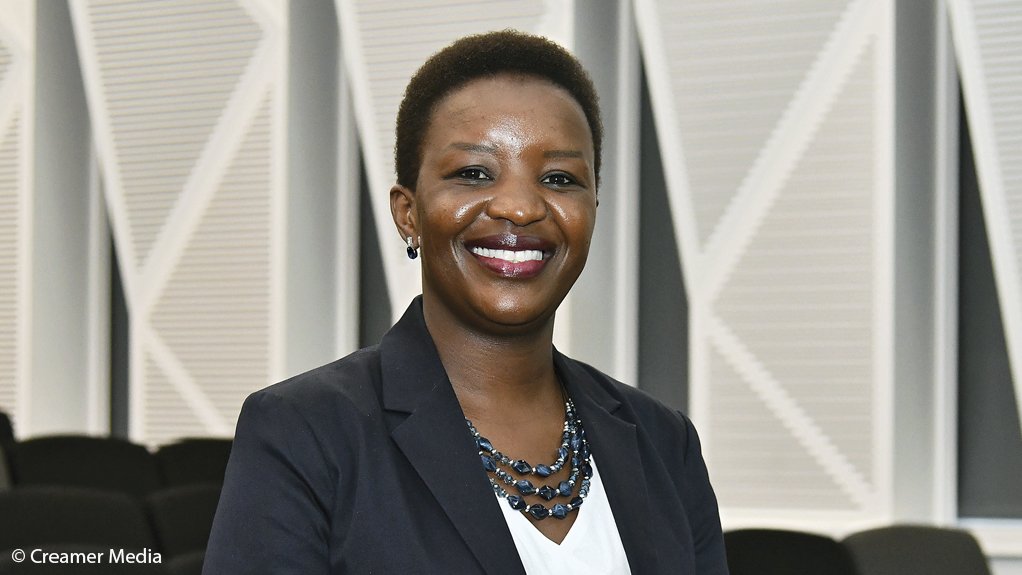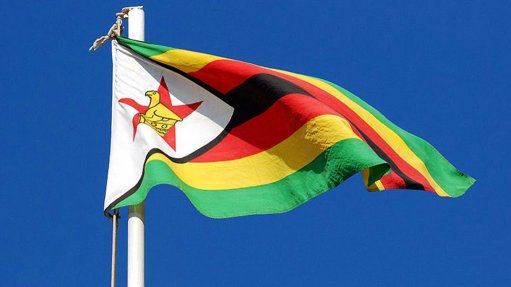Planned move to Level 3 lockdown positive, but longer-term foresight urgently needed
The National Economic Development and Labour Council (Nedlac) reports that its constituencies are working sectorally and collectively to migrate South Africa to Level 3 of the national lockdown.
President Cyril Ramaphosa addressed the nation on May 13, stating that lockdown regulations would be eased, from the current Level 4 to Level 3, probably at the end of May.
He co-chaired a virtual meeting of the Nedlac constituencies on May 15 to assess preparations for the step-down from Level 4 of the national lockdown. This meeting was the first in a series of consultations led by the President between government and the social partners, as well as more specific sectors of civil society, on the migration from Level 4 to Level 3 of the lockdown.
Nedlac views Level 3 as an opportunity for expanding local production and greater consumption of South African-made goods by consumers, as part of reversing the economic losses suffered during the national Level 5 and Level 4 lockdown, and as part of the country’s long-term approach to industrialisation and employment.
Business Leadership South Africa CEO Busi Mavuso says Ramaphosa’s speech on May 13 was important because, although he did not announce any specific changes to the lockdown regulations or other interventions, he did convey a genuine openness to learn and change course in response to evidence.
Prior to this, she points out that criticism of some aspects of the lockdown approach, including her own, had begun to mount. “Voices have arisen on the health side, with some prominent scientists directly involved in advising government publicly complaining that their advice is not being followed.”
Mavuso says she sensed that a level of cynicism and frustration had spread across the country.
“People were angry about what they perceived as completely arbitrary regulations that have no impact on the virus and its progression. From banning cigarettes to listing what counts as winter clothing, public trust was being shaken that government really was acting rationally and in the best interests of the people.”
However, she says that while Ramaphosa, in his address on May 13, stated that some of the actions taken by government were unclear, contradictory and poorly explained, resulting in a lot of anger and opposition, his words were a powerful step towards resetting the relationship with the public. “We all must be on the same side, but solidarity depends on fostering and maintaining a level of trust between all social partners.”
Nedlac constituencies on May 15 reported on their respective preparations for the step-down to Level 3 of the national lockdown, which will result in more than double the current number of people returning to work.
Government, labour, business and the community sector are undertaking detailed work to ensure that lives will be saved and livelihoods will be protected as the economy is progressively unlocked and society adapts to the reality of economic activity with Covid-19 as an ever-present danger.
Nedlac also received calls that social and food support be intensified in vulnerable communities, that all businesses comply with Covid-19 safety measures and that greater funding and other support be extended to community-based organisations. More than 1.5-million people are employed by 150 of the community-based organisations that are registered in the country.
As part of supporting the health system, Nedlac wants to see significant production in South Africa of many of the critical resources needed to combat Covid-19, including personal protective equipment, masks, ventilators and thermometers.
Meanwhile, government on May 14 lifted its e-commerce ban, which Mavuso says needlessly inflicted economic harm.
Enabling e-commerce to operate, unrestricted, opens one avenue for the economy to resume and adapt. Although e-commerce has only ever accounted for a small component of retail sales, she says it could now see a major acceleration if sales avenues and logistics are able to scale up. “It will be a challenge, but this is the kind of challenge that business thrives in response to.”
Mavuso says a move to Level 3 regulations is the only way the economy can recover, and jobs, taxes and incomes can be restored. “We are seized with the challenge of figuring out the best way possible to protect the public while resuming activity.”
She says Ramaphosa has opened the way for this collaboration. “It is, I believe, the best way we can make the breakthroughs necessary to adapt to the new reality of living and working with the virus.”
However, a move to Level 3 regulations is only part of what needs to be done to rebuild the economy, says Mavuso.
“We need to be thinking about the recovery and what forms of policy reform will give us the best shot of rebuilding and growing the economy in the longer term.” She says the legacy of Covid-19 could remain for a long time if government does not make the decisive moves needed to put the economy onto a growth path.
One major area that is long overdue for structural reforms is State-owned entities, particularly Eskom, she says.
Mavuso suggests that a restructured Eskom will enable the State to attract interest from private shareholders who are needed to inject fresh capital into the parastatal.
“Changing dynamics from the coronavirus as well as Standards & Poors Global downgrading its rating on the utility should spur the State to push ahead with its restructuring plans at Eskom that the President, along with the Department of Public Enterprises, have agreed to.”
While Eskom is using the lower demand because of the lockdown to deal with its maintenance backlog, she highlights that the utility’s debt is still the biggest sovereign risk to the South African economy.
Comments
Press Office
Announcements
What's On
Subscribe to improve your user experience...
Option 1 (equivalent of R125 a month):
Receive a weekly copy of Creamer Media's Engineering News & Mining Weekly magazine
(print copy for those in South Africa and e-magazine for those outside of South Africa)
Receive daily email newsletters
Access to full search results
Access archive of magazine back copies
Access to Projects in Progress
Access to ONE Research Report of your choice in PDF format
Option 2 (equivalent of R375 a month):
All benefits from Option 1
PLUS
Access to Creamer Media's Research Channel Africa for ALL Research Reports, in PDF format, on various industrial and mining sectors
including Electricity; Water; Energy Transition; Hydrogen; Roads, Rail and Ports; Coal; Gold; Platinum; Battery Metals; etc.
Already a subscriber?
Forgotten your password?
Receive weekly copy of Creamer Media's Engineering News & Mining Weekly magazine (print copy for those in South Africa and e-magazine for those outside of South Africa)
➕
Recieve daily email newsletters
➕
Access to full search results
➕
Access archive of magazine back copies
➕
Access to Projects in Progress
➕
Access to ONE Research Report of your choice in PDF format
RESEARCH CHANNEL AFRICA
R4500 (equivalent of R375 a month)
SUBSCRIBEAll benefits from Option 1
➕
Access to Creamer Media's Research Channel Africa for ALL Research Reports on various industrial and mining sectors, in PDF format, including on:
Electricity
➕
Water
➕
Energy Transition
➕
Hydrogen
➕
Roads, Rail and Ports
➕
Coal
➕
Gold
➕
Platinum
➕
Battery Metals
➕
etc.
Receive all benefits from Option 1 or Option 2 delivered to numerous people at your company
➕
Multiple User names and Passwords for simultaneous log-ins
➕
Intranet integration access to all in your organisation





















